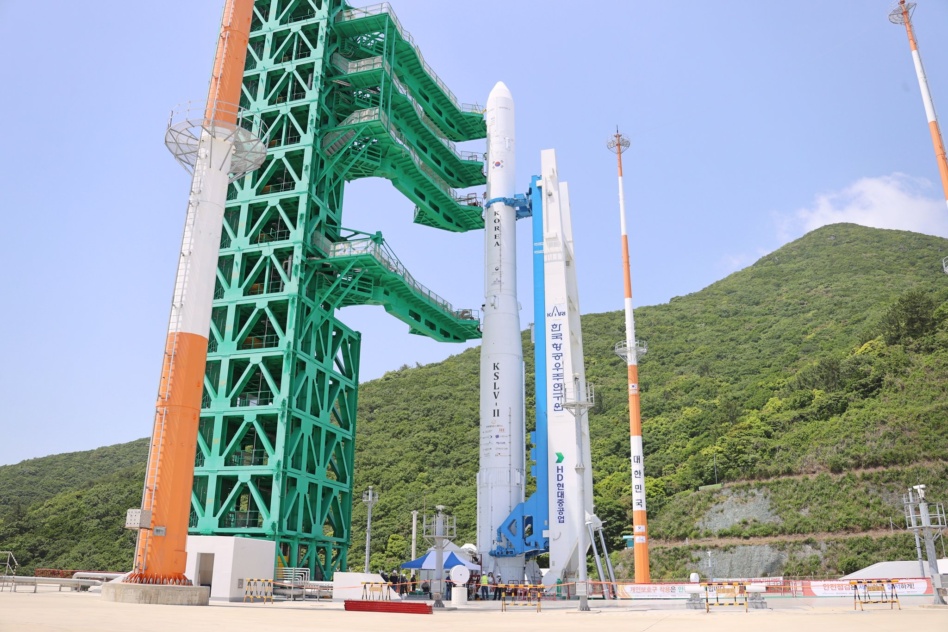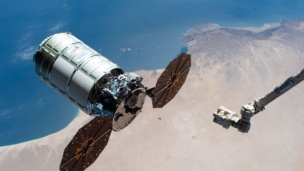South Korea’s Nuri rocket, also called KSLV-II, successfully completed its third launch today, marking the first time a Korean launch vehicle carried commercial payloads to space.
Three’s company: Lifting off from Korea’s Naro Space Center, the Nuri launcher deployed eight satellites into orbit, including three from domestic companies: Lumir, Justek, and Kairo Space. Those satellites will be used for space radiation monitoring, Earth observation, and meteorology purposes, respectively.
After winning a technology transfer contract from KARI last year to jointly advance the rocket’s capabilities for its cadence of launches through 2027, Hanwha Aerospace, a leading Korean aircraft engine producer, oversaw the supply and integration aspects of the rocket.
- Aspiring to commercialize the launcher and eventually match SpaceX’s Falcon 9 price per launch, which is currently listed at $67M, Hanwha has set a goal to halve Nuri’s launch cost from its current $80M price tag by 2032.
- Hanwha also developed the rocket’s liquid-propellant engines.
Homegrown: With ambitions to develop its commercial launch capabilities and grow its space industry, South Korea has allocated a record 874.2B won ($674M) for space programs this year—a nearly 20% increase from last year. In step with these plans, Hanwha is reportedly seeking to expand its scope into satellite operation, lunar exploration, and resource extraction.




